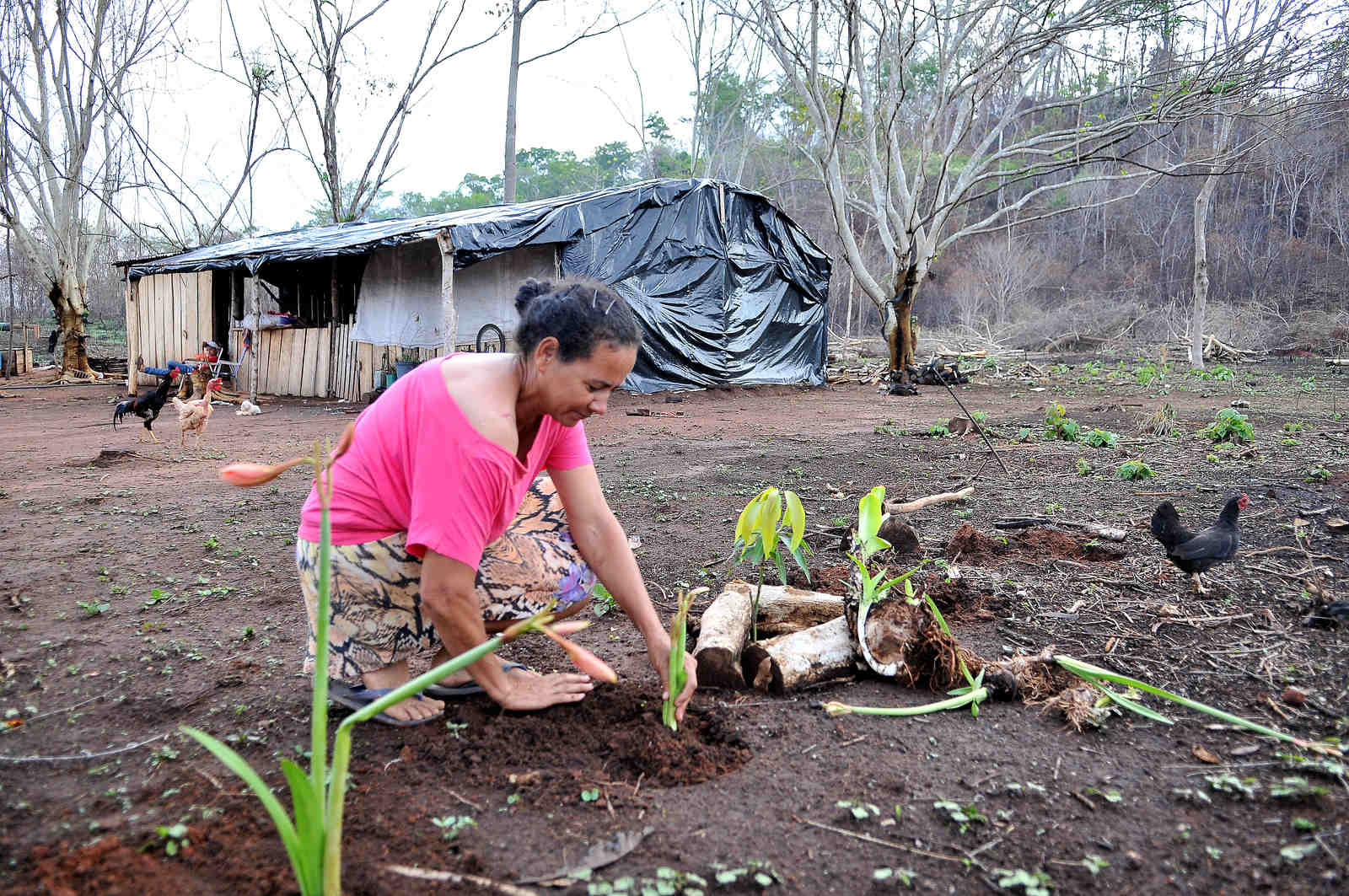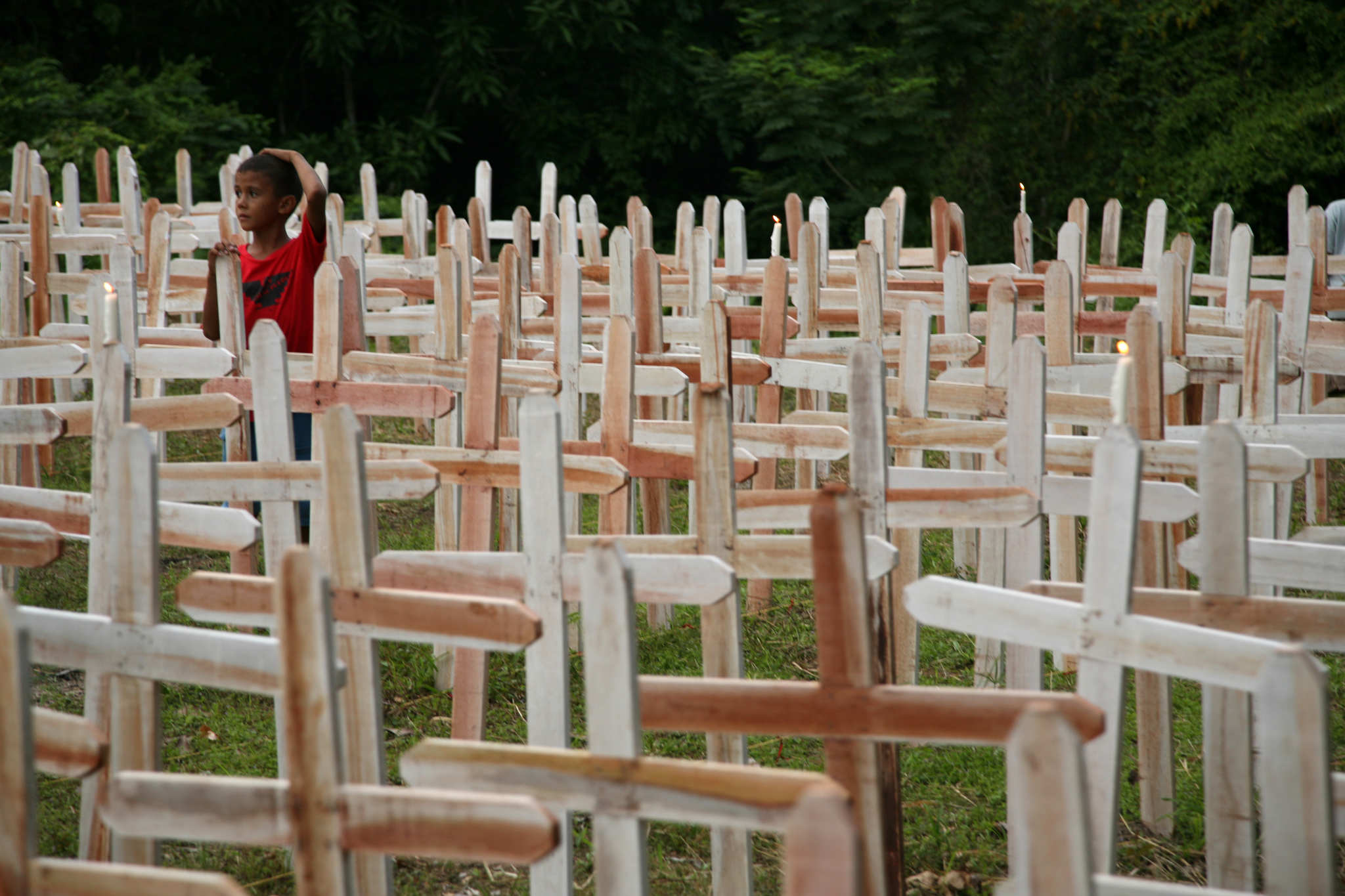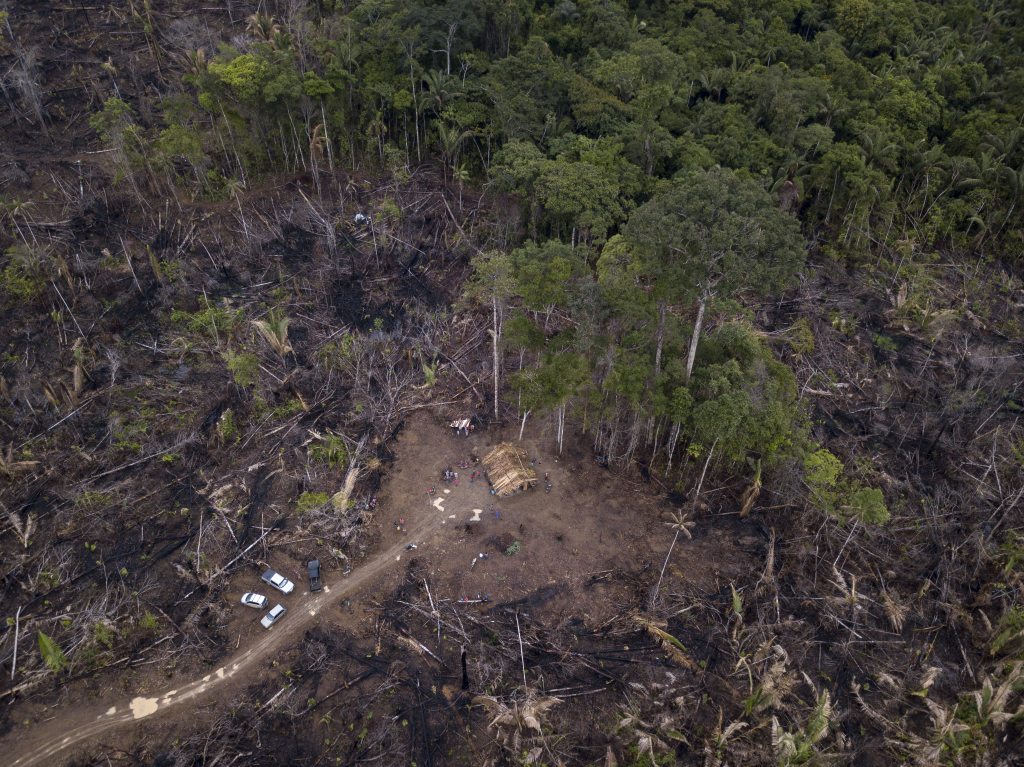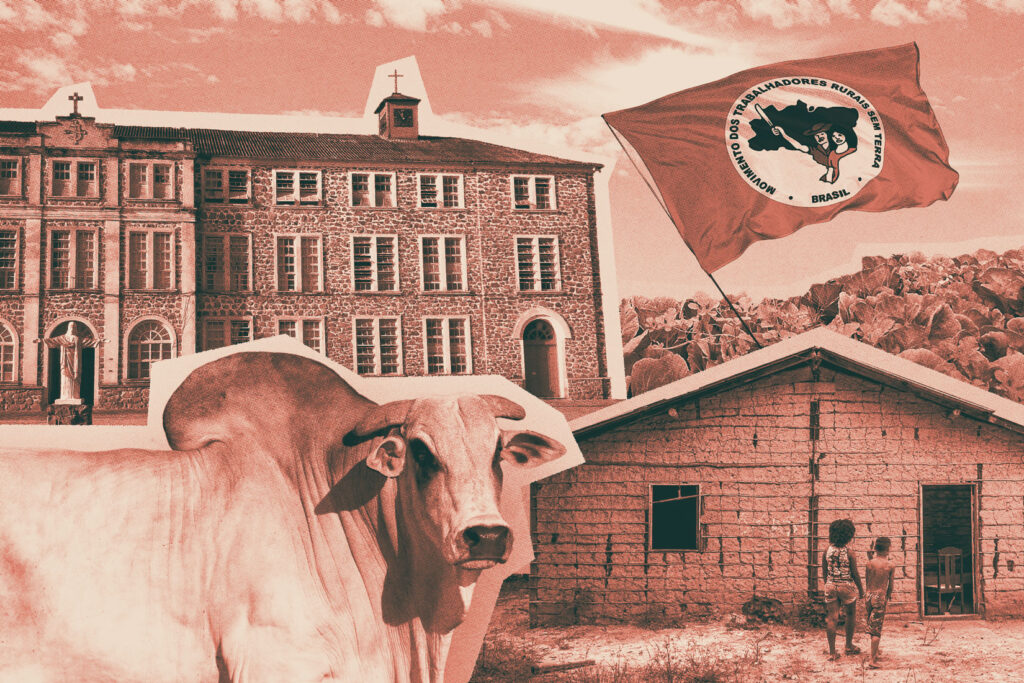Exclusion of quilombola, indigenous and other traditional populations from public policies; facilitation of access to guns through executive orders; harassment of NGOs and opposition activists. These are some of the 32 human rights violations committed by the administration of President Jair Bolsonaro (PL) listed in the report ‘1000 Days without Rights,’ organized by Amnesty International.
Organizations heard by Repórter Brasil expect the violations pointed out in the document, released last year, to be investigated – and perpetrators to be held accountable. More than that, these organizations express how Bolsonaro’s defeat at the polls and the arrival of Lula (PT) bring some relief to those who work to defend human rights.

However, CONAQ (the National Coordination of Quilombos), CPT (Pastoral Land Commission), MST (Movement of Landless Rural Workers) and the National Human Rights Council (CNDH) project four challenging years for the human rights agenda in the next government – especially in the rural context. The challenges to be faced include high demand for investments to rebuild facilities, dismantled public policies, and low budget expectations – all in a more conservative political situation than that found by PT in previous administrations.
For CNDH adviser Marcelo Chalréo, Lula will have to face a strengthened Right and part of Congress that will not support his efforts. “The winds aren’t favourable on the international scenario either, with a series of conflicts and trade restrictions.”
Chalréo also warns that Bolsonaro is leaving a totally ruined administration. “Public bodies and government agencies, which had already been experiencing difficulties, were destroyed, as well as the agendas focused on social movements, quilombola and indigenous peoples, as in the cases of Palmares Foundation, INCRA [the National Institute of Colonization and Agrarian Reform] and FUNAI [the National Indian Foundation]. Social Security is also insolvent. The situation of the government structure is extremely bad.”
Despite the number and complexity of the problems left by the far-right government, the five organizations linked to human rights heard by Repórter Brasil listed what they see as priorities for the Lula administration under an agenda of reconstruction for the country:
1. Promoting land reform
During his term in office, Jair Bolsonaro replaced land reform with delivering property titles to settlers. Virtually without expropriating any land to distribute to rural workers, his government promoted mass issuance of private property titles for those who already owned their land, through INCRA. In practice, the policy encouraged settlers to sell their properties and caused the land to return to big landowners. This also ended up putting public lands on the market – which goes against the essence of land reform.
“This measure also exempts the State from guaranteeing public policies that enable families to stay on the land. Since the titles are individual, the government is free from the responsibility of guaranteeing infrastructure for these populations,” warns Andréia Silvério, a member of the national coordination of the Pastoral Land Commission (CPT).
“Land reform is crucial for social justice, in order to correct historical and structural inequalities in Brazilian society. It was frozen during the Bolsonaro administration, but there is still demand from families in collective struggles for land to be settled,” says Silvério, for whom stagnation of government actions towards land reform ended up accumulating problems for the next government. “There is a backlog of demand. In our view, land reform is the main way to guarantee human rights, providing conditions for the reproduction of a decent life, food, access to education and environmental protection.”
2. Blanket repeal of executive orders on guns
According to social movements, a blanket repeal of Bolsonaro’s executive orders that loosened gun control only depends on the political will of Lula’s political group. In interviews, Flávio Dino (PSB), who should be the Ministry of Justice in the next administration, said he favours disarmament.

The organizations are also concerned about another executive order signed by Bolsonaro in May 2019, which allows landowners with licences for bearing firearms to use them all over their properties, as well as collectors, sport shooters and hunters (known by the acronym CACs) to go from their homes to shooting locations with loaded weapons. “Since the 2016 coup, the number of murders of quilombola leaders has increased by 350%. There was an implicit and even explicit license to kill. The communities are suffering a lot of harassment from the so-called ‘good citizens,’” says Givânia Silva.
The CONAQ representative also relates the deaths to the suspension of regularization of quilombola territories. “In 2019, IBGE estimated that there were around 5,972 quilombola communities in Brazil; CONAQ says that we are 6,500 communities, and the State only recognizes 4,000, although some 300 of them hold definitive titles. There is a lot to do in terms of regulation of territories.”
3. Education in rural areas
Responsible for training 192,000 people since 2015, the National Programme for Education in Agrarian Reform (PRONERA) is essential for providing schooling to peasants and quilombola people – from basic literacy to higher education. However, Bolsonaro closed the department responsible for the programme, making its continuity impracticable. “PRONERA is an instrument that helps these people to stay on the land,” says Silvério, from the CPT.
“Brazil is a country that kills its future workforce, its youth. To reverse this, we expect guaranteed education for youth in rural areas, so that they can enter the job market,” says educator Givânia Maria da Silva from CONAQ. PRONERA is a way for young people to remain in their communities, since less than 2% of Brazilian quilombos have secondary schools nowadays.
4. The National Human Rights Programme
In 2009, Lula sanctioned the National Human Rights Programme 3 (PNDH-3), which brings together guidelines for government action in the area of human rights, considering aspects such as universalization of rights in a context of inequalities; public security and access to justice; fight against violence; education and culture in human rights; as well as the right to memory and truth.

However, according to Chalréo from CNDH, the programme did not get off the ground despite its crucial scope: “It’s a document that addresses issues related to women, blacks, the LGBTQ+ population, youth and indigenous peoples. This debate needs to be resumed.” He recognizes the large volume of actions included in the programme and the hurdles for its full implementation, but he says that, in practice, the choice of what will be prioritized depends on pressure from social movements. “Setting priorities in a government with almost no investment capacity also involves some political choices. Is the State going to continue paying such high interest rates to bankers?”
In the long term, Chalréo believes that the country needs to resume its industrialization process in order to have resources to invest in human rights agendas. “There are problems on all fronts. And an industrial policy is needed if we are to have sound policies to sustain the country. Brazil has to go back to being a sound industrial park for Latin America, so that the next generation will be in better conditions to progress in the social area,” he says.
5. Promoting sustainable agriculture
According to monitoring carried out by the “Permanent Campaign Against Pesticides for Life,” more than 2,000 types of pesticides were licensed during the four years of the Bolsonaro administration. The data contrasts with the scarce public funds for health, education, science and technology as well as undermined public policies for organic and agroecological products and dismantled environmental agencies and legislation. It is in this context that Lucinéia Freitas, national head of the gender department in the Landless Rural Workers Movement (MST), points out the need to strengthen initiatives in favour of sustainable agriculture. “To do this, we’ll have to repeal the executive orders that licensed all these pesticides and also to rebuild IBAMA, FUNAI and the Chico Mendes Institute,” she says.
In the MST, the topic is usually approached under the debate on agroecology, in initiatives such as the National Plan ‘Plant Trees, Produce Healthy Food,’ aimed at promoting interconnection, training, political organization and broad debate while reaffirming the People’s Land Reform, the defence of territories and food sovereignty. “It’s a campaign that we’ve been organizing because we understand that there is a very direct relationship between the mode of production based on large estates and the environmental problems that we experience. We advocate agroecology that is really based on caring for nature and guarantees peoples’ sovereignty in terms of production and nutritional quality,” Freitas concludes.

